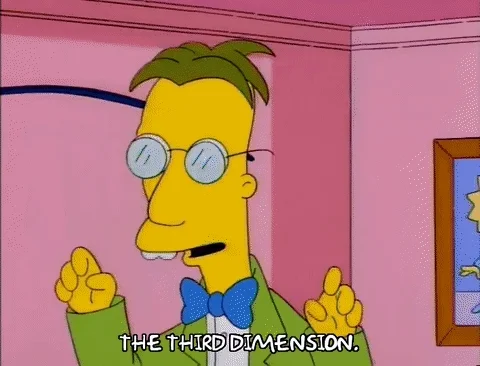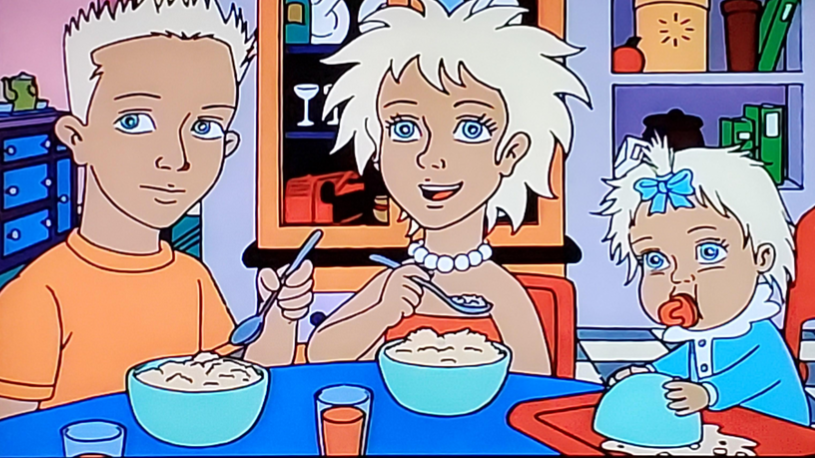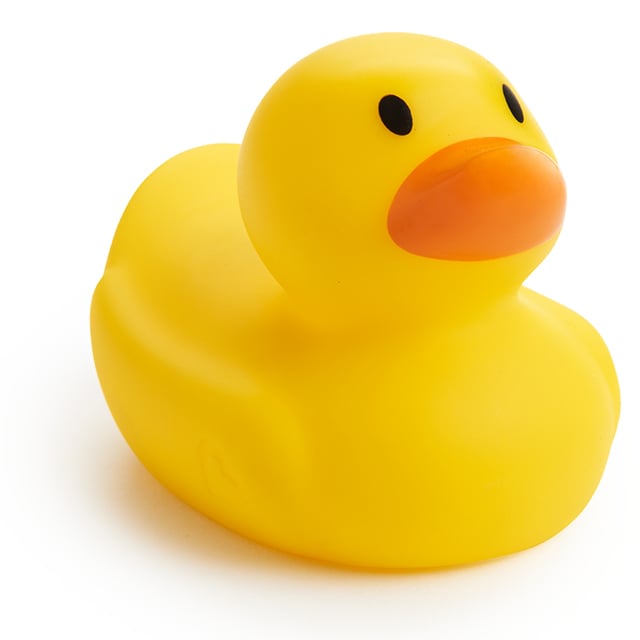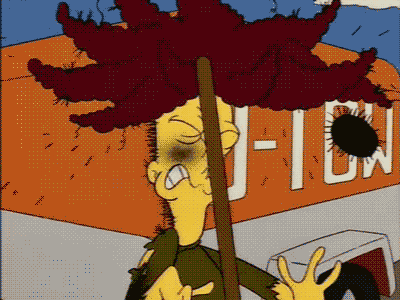Just thinking, is the art style only symbolic of the universe or is everything actually like that in-universe?
They see themselves like that but that’s also their reality, they don’t know otherwise.
You occasionally get situations when the animators switch the art style every now and then, but the characters still exist in the same universe, so I wonder if the characters wonder why everything looks slightly different.
I believe they don’t. They don’t realize there was ever a change.
Inside Out is a great example of just that. While I couldn’t find the scene, here’s an excerpt from tvtropes.com:
*Entering the Abstract Thought Chamber in Inside Out caused the characters to turn into 2D figures with increasingly less defined shapes. *
If I remember correctly, the characters actually acknowledge the shift to less detailed artstyles.
Fair, there are several examples of characters acknowledging the shift in very specific circumstances. Often said circumstances are plot related one way or another.
But usually that’s not the case, and if you have a change of art because now it’s a different studio producing the animation or they release a new season with a different art director and budget then no, it’s implied that the aesthetic status quo has always been the same.
Depends on whether the author is breaking the fourth wall or not
Happy cake day
Beans day!!
Don’t bring that here
Like it or not, it’s not being “brought” here; it already exists here.

In Star Trek SNW’s crossover episode with Lower Decks (cartoon), Boimler’s first comment when he meets the crew from SNW is that they look “very realistic”
And eventually it is explained that they see the world as animated because they are all permanently drunk.
Strange New Worlds/Lower Decks actually addressed that.

I’m so sad they are cancelling the show after this next season airs in a few weeks. Best animated adaptation of an existing universe.
Same! It’s my favorite current Trek show.
no, what, whyy? :(
It depends on the author! Authors create symbolic universes and they get to choose the rules of those universes. You can read Robert McKee’s work for more on this.
Depends on the author.
In “Treehouse of Horror VI” Homer becomes 3D and comments how he’s “so bulky”.
The other characters are quite perplexed about the idea of 3D, too, not just the stupid Homer. A scientist gives a brief lecture, similar to how scientists IRL introduce 4D.
Anyway, that answers the good old question “Is the gruesome cartoon Itchy & Scratchy photorealistic from the Simpson’s POV?”
Photorealistic: yes. However, it could be debatable whether it’s gruesome. We see situations that characters survive with short term damage but no long term consequences (example: Homer skating into the canyon). So while it would be gruesome to us, it’s probably closer to slapstick to them.
I never thought about its gruesomness this way.
It would be abhorrent for us to see photorealistic cat organs but I guess kids in The Simpsons’ universe are raised differently.

And the first thing he did in the 3D world was go to an erotic bakery. I always thought it was a dumb throwaway joke but after thinking about it, that would be a fun first experience in the 3D world
I remember something with a cartoon character commenting on how live-action people look kind of disturbing and surreal. They noticed the difference, and it didn’t sit well with them. Their own uncanny valley.
Homer^3.
In Peanuts, all adults would sound like “wah wah, wha wah wha wah wha wah”, to which the children would respond as if they made perfect sense.
Then again, I prefer thinking about your second possibility so I’m going with that one:-).
Art style. But they don’t notice it the same way you dont notice art style of people around you, and fish don’t notice the water.
Im not high enough to answer that!
In Chip and Dale 2022, they explicitly refer to the “upgrade” to 3D rendering from the old painted style (like plastic surgery to them), so I assume they are fully aware of their art style.
Hazbin Hotel and Helluva Boss have jokes about the art style. Sounds to me that the characters see each other the way we see them.
It depends on the work, in some it’s symbolic and in some it’s in-universe.














